Complicity, horror, ambivalence
Kurosawa's No Regrets for Our Youth and Everyday Fascism
When planning my Japanese Cinema syllabus this year, I didn’t think about October 7th. Neither, it seems, did many of my activist friends who also taught class the same day. Chatting about it over drinks this past weekend, we were all unsure how to bring it up in class on Monday. How to commemorate so much inconceivable horror? What could my Japanese Cinema class have to do with Palestine and Israel?
I considered canceling to attend one of Philly’s many vigils for Palestinian and Israeli lives, but as fate would have it, 6-months-ago-me had invited my friend Jen to give a guest lecture. Jen had flown in all the way from the UK, so, I decided, the show must go on. Last weekend I settled in to watch the film Jen chose to discuss, Kurosawa Akira’s No Regrets for Our Youth (1946). I had (shockingly) never seen the film before, and as I watched, my jaw dropped to the floor. The whole film was about the same issues that have tormented me and so many of my friends and colleagues for the past 12 months: a complicity with fascism, the courage to resist, and, most importantly, academic freedom.
Jen brilliantly discussed the star Hara Setsuko, most famous for Ozu Yasujiro’s Noriko Trilogy, with which I was much more familiar. But the plot of No Regrets was especially, eerily, relevant: Hara plays Yukie, the daughter of a leftist professor of Kyoto University (Kyodai). The film dramatizes the well-known 1933 Takigawa incident: Takigawa Yukitoki, a criminal law professor at Kyodai, then renamed Kyoto Imperial University, lectures on the need to understand the social roots of deviance when trying a criminal case. The Education minister declares his ideas Marxist and suspends him from teaching. The remaining faculty resigns, students boycott classes, and a huge protest movement erupts. In the end Takigawa is fired and many are imprisoned. The film continues this story, blending it with another dramatization of a real event: the sentencing to death by hanging of Ozaki Hotsumi, a Soviet spy and journalist for the Asahi Shimbun. In the film, Yukie falls in love with her father’s avowedly communist student, Noge, based largely on Ozaki. As Japan becomes increasingly fascist, Noge starts secretly working against the government. When Yukie finds out, she must decide whether to become his wife, knowing full well his imprisonment and even death are inevitable, and their days as man-and-wife are numbered. The film’s title, No Regrets, is constantly quoted throughout the film. It is as if the film argues (and as Noge himself claims), it is better to die than to have regrets; in other words: better to sacrifice oneself for democracy [an easier word for General MacArthur’s SCAP censors than communism] than to live in complicity with fascism.
Here the relevance to contemporary events should be fairly obvious. In the US, we’ve already seen the first tenured professor fired for espousing pro-Palestine beliefs. But instead of a rousing Takigawa-esque speech at Kyodai, a Muhlenberg professor of Anthropology was fired for a repost of an Instagram story. Muhlenberg is in Allentown, just about an hour’s drive from Philadelphia on a good day. It does not surprise me that, in an instance of pitch-perfect irony, the first tenured professor to be fired for (alleged) antisemitism is Jewish. I do not know her personally. She is a friend of a friend. Activism is a small world.
A film such as No Regrets for Our Youth goes down easy in its politics. Of course it is easy to decide, ex post facto, that the best Japanese citizens bravely fought for the eradication of fascism and died for the cause. It goes down less easy when one remembers that Kurosawa himself directed fascist propaganda films during the Pacific War. I teach one in my classes: The Most Beautiful (1944), a film about teenage girls calibrating lenses for kamikaze pilots. It is a gorgeous, deeply affecting film with the most insidious politics I’ve ever seen in cinema—so much more insidious for its marriage of fascism with grace, tenderness, and subtlety. Leni Riefenstahl could never. Triumph of the Will is boring. Olympia is boring. The Most Beautiful is a tour de force. It is, not so secretly, my favorite Kurosawa film.
I like it so much because I like sitting in its difficulty, in the seeming contradiction of beautiful form with horrible content. It makes students uncomfortable. We are so often taught that beauty and goodness are one. They search maddeningly for clues to some kind of secret antiestablishment tendency, democratic easter eggs hidden in editing and cinematography. There are no democratic easter eggs. It is also, in some lights, a feminist film, and is the only Kurosawa film almost exclusively about women. It is certainly Kurosawa’s most feminist film. There is no romantic subplot. There is no sexualization of young bodies, no makeup, no fashionable clothes. Just friendly and empathetic teenage girls, working together to calibrate as many lenses as possible, and cheering each other on as their bodies slowly disintegrate by hard work and their parents die. It is, as I not-so-pithily argued in class a few weeks ago, fascist nicecore. According to Peter High, it participates in a genre called spiritism, unique to Japan. American propagandist Frank Capra was especially impressed by these films, which he thought were peerless, far more effective in their politics than their more bombastic American and British counterparts.
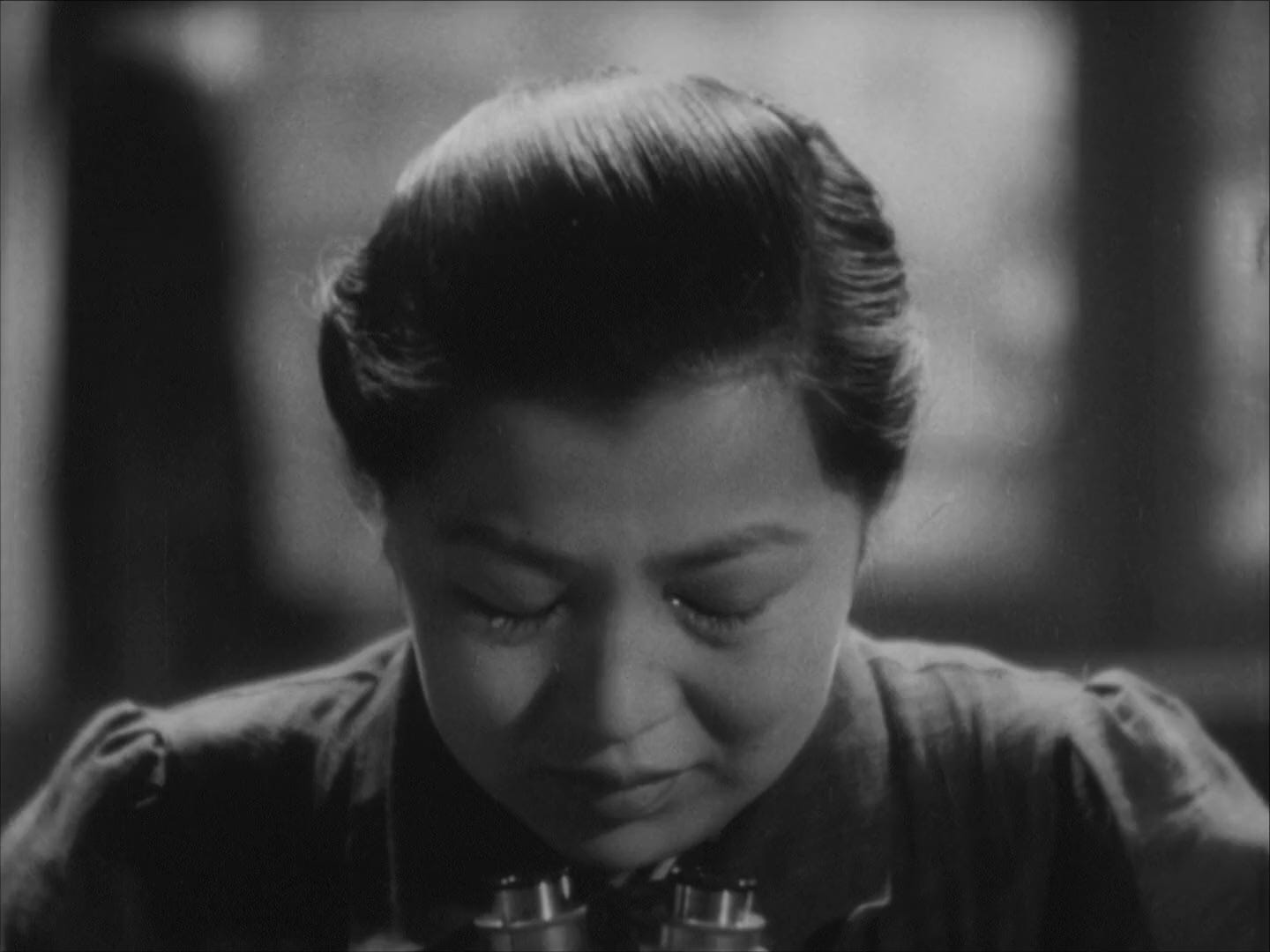
What is unsettling to me is the similarity between Kurosawa’s 1944 and 1946 films. No Regrets for Our Youth is no spiritist film, but an element of self-sacrifice remains: better, both films argue, to sacrifice oneself wholly to a cause, be it fascism or academic freedom. I want to ask my students: is self-obliteration worth it? Is it better to throw oneself on the pyre, or, as so many intellectuals did in Japan, quietly write and publish in the postwar? How much individual self-obliteration is required to tip the scale in favor of liberation? What calculus can be used to determine the degree of good? (Embarrassingly, I never even took pre-calc).
In class, a student asked: why did the Kyodai professor get fired? Was it just espousing beliefs? What cause did they have to fire him? The student was genuinely confused. Jen, tactfully, answered: well, this is how you know you’re living in a fascist society— when you don’t have the freedom to speak. From the corner of the room, I could barely suppress a snort.
Last Sunday, I tried to see longtime touring leftists Bread & Puppet perform in a park in Philly. I arrived at 4 PM sharp, but the performance hadn’t started yet. I saw some comrades—including the head of Spiral Q, Philly’s own (incredible!) leftist puppetry org—and asked what happened. It turned out a Zionist man shouting vicious anti-Palestinian speech started tearing down Bread & Puppet merchandise with a knife. Bread & Puppet had one single Ceasefire artwork displayed. The volunteers at the park told him to stop, and he threatened them; another man supporting the Zionist appeared. The volunteers and men shouted at one another until the man threw himself on top of one of the volunteers. No one was hurt, but the Bread & Puppet performers were understandably nervous; the bus was packed up, some art was purchased, sourdough and aoili were distributed, and, after a brief rousing performance of Un pueblo unido they drove off.
—
I am writing this on Kol Nidre, the night that Yom Kippur, the Jewish day of atonement, begins. I am in San Luis Obispo, California. In two days there will be a wedding. I spent the day quietly. It was a foggy morning until the sun burned off the clouds. I rented a car. I went on a long hike up Cerro San Luis then had lunch in town. I sat on a bench in a community garden and had a long call with a friend. I saw hummingbirds and monarch butterflies, picking one up ever so gently with my hands. It was a brief and magical moment, and I almost wished someone were nearby to see it. I drove to Morro beach. I saw otters playing in the surf, pelicans, cormorants, and sandpipers. I clambered on the rocks and watched the sunset, listened to the surf crashing against stone. Meanwhile, I kept thinking: this is all such a privilege. And what to do with it?



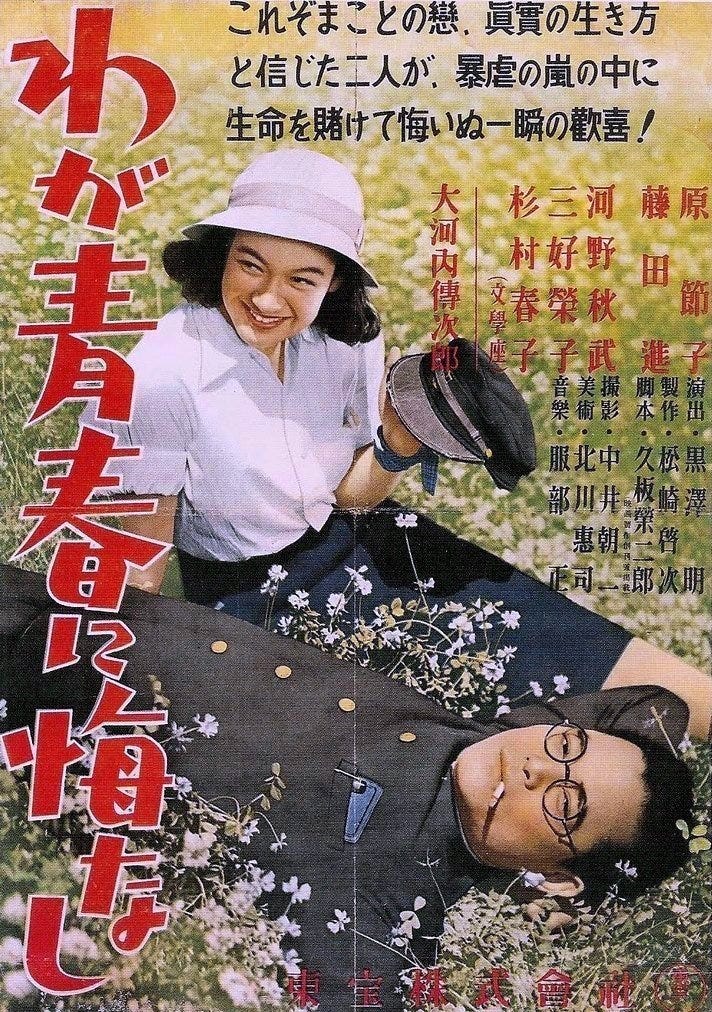
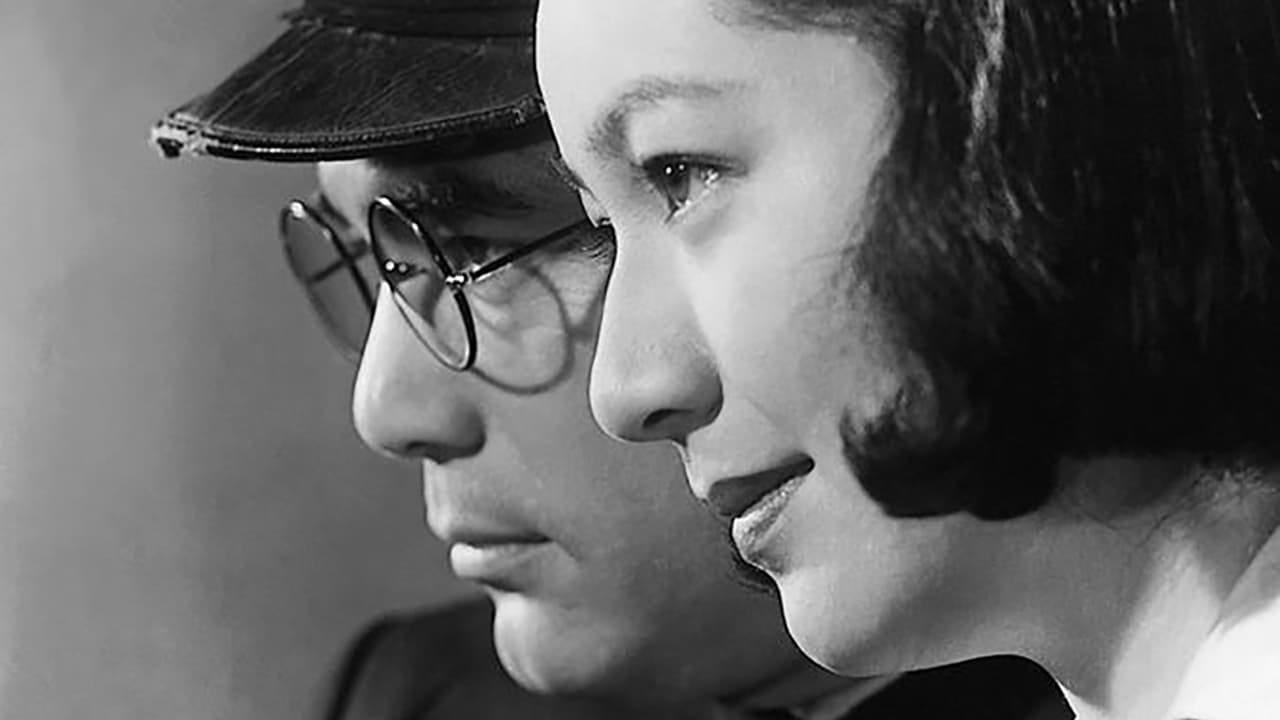
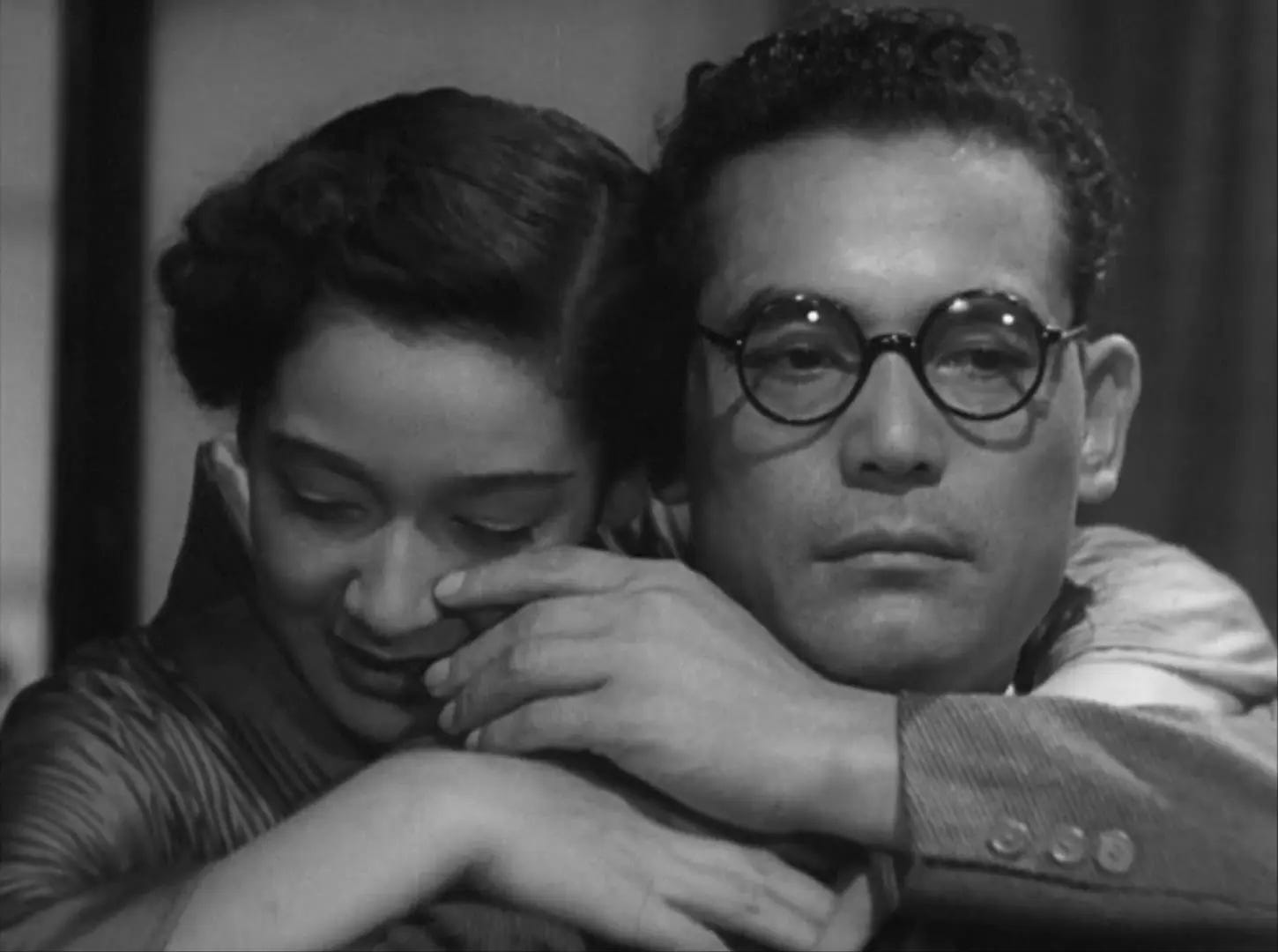
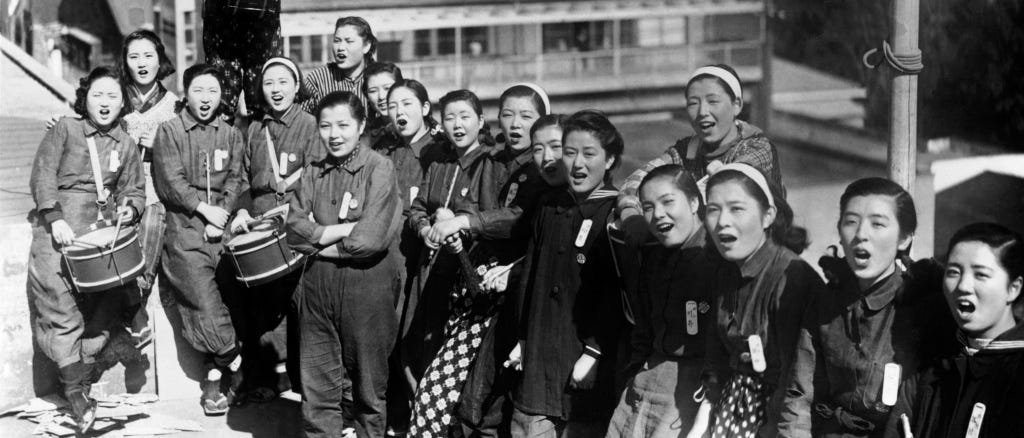
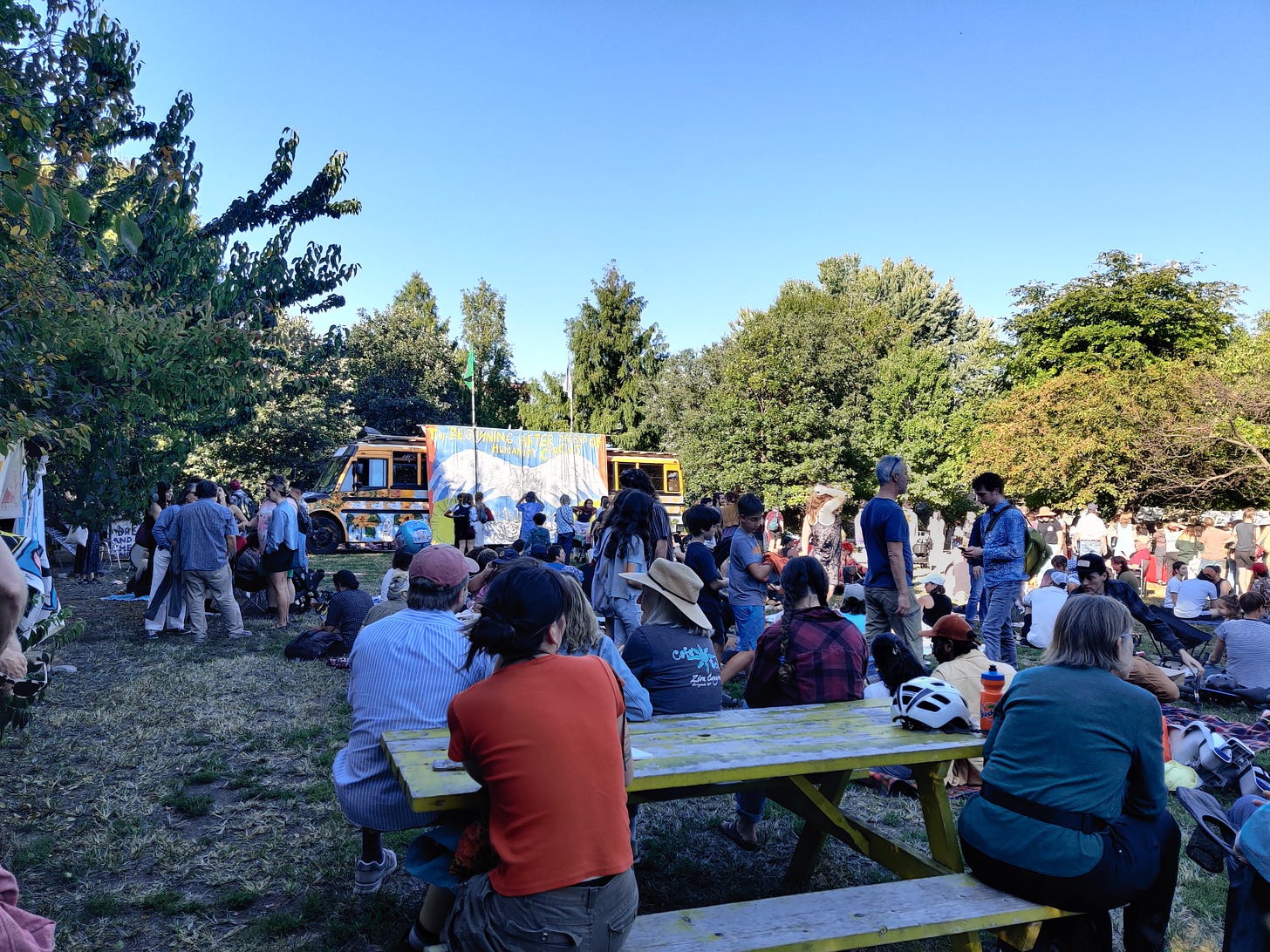
There really is no irony to a Jewish professor espousing pro-hamas beliefs and getting fired for it. Plenty of jews are antisemitic and are more than happy to venerate the great antisemitic shitbags of the past century including Trotsky, Lenin, sinwar, etc, etc
You yourself prove just how much you hate jews by only caring about the "liberation of Palestine" in regards to mass murder and rape.
Like your commie grandma, you only care about jews when you can use your Jewish identity to pretend that you wouldn't eagerly murder your own people to win points with your leftist friends.
https://marlowe1.substack.com/p/literary-vs-genre-books